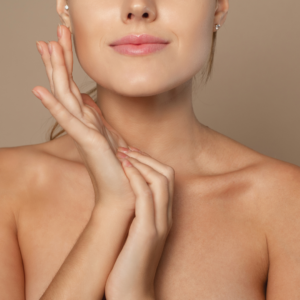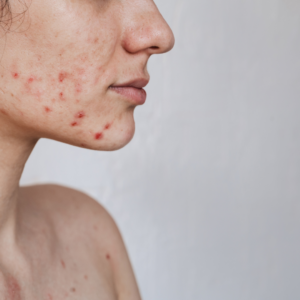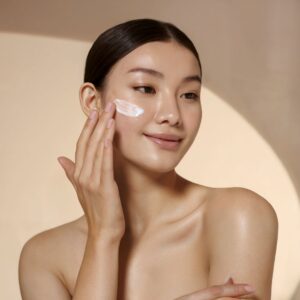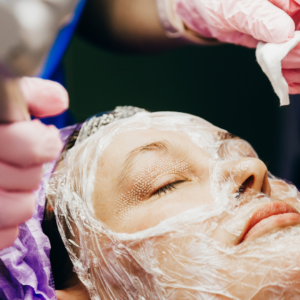
How to Choose the Best Sunscreen: SPF, Ingredients & Skin Type Explained
Discover a youthful lift without surgery. Learn how our thread lift at Bryn Mawr Dermatology can rejuvenate your appearance.
Cold, dry air can easily irritate your skin. Luckily, there are many ways to combat the causes of dry winter skin and keep your skin smooth and supple all season long.
While this article spells out 10 approved winter skincate tips, and we highly recommend you read the full article, here are the key points we will focus on:

Filaggrin, one of the most important proteins in our skin for maintaining the barrier function and natural moisturizing factors, decreases during the winter. It also decreases with age and hormonal changes. This combined with the dry cold weather, low humidity, and indoor heating that dehydrates our skin leads to dryness and worsening of skin conditions for many people.
Getting on top of skin moisture is one of the key components to maintaining skin health during the winter. Between the cold air, harsh winter winds, and dry indoor heat, it is easy for skin conditions to flare up. Here are five common winter skin issues that may worsen during the wintertime.
Eczema is a common skin condition affecting over 31 million Americans. Characterized by inflamed, red, itchy patches of skin, eczema is caused by a combination of immune system activation, environmental triggers, and stress. Cold dry weather can trigger eczema flares in winter.
Psoriasis is a long-term disease that causes red, itchy scaly patches on the skin, which flare up for a few weeks or months before subsiding or going into remission. The most common sites for psoriasis are your knees, elbows, trunk, and scalp. While there is no cure for psoriasis, your dermatologist can devise a treatment plan to help you manage your condition. Cold weather and decreased sunlight can cause worsening psoriasis in the winter.
Rosacea is a common skin condition causing blushing or flushing in your face and eyes. Rosacea may flare up for weeks or months before subsiding or going into remission. If left untreated, rosacea can lead to permanent damage to the skin and eyes. Cold weather is a common trigger for many.
Affecting up to 5 to 10% of Americans, Raynaud’s disease occurs when blood vessels in your fingers and toes spasm in response to cold, stress, or emotional upset. This leads to decreased blood flow, causing your fingers or toes to turn, cold, white, and numb, and can be a bothersome issue during the winter.
You do not need a major overhaul of your skin care regimen during the colder months. You should, however, focus on more hydrating varieties of your products, and reduce irritating products to combat the dryness that winter inevitably brings.
If you have a question about winter skin care, please Request an Appointment with one of our dermatologists. During your consultation, a Bryn Mawr dermatologist will evaluate your concerns and determine an ideal treatment plan for your specific case. Our office is beautifully equipped, so you’ll feel at home as soon as you walk in the door
Get started today by calling our dermatology team at (610) 525-7800 or easily book an appointment online. We look forward to caring for you!

Discover a youthful lift without surgery. Learn how our thread lift at Bryn Mawr Dermatology can rejuvenate your appearance.

Discover a youthful lift without surgery. Learn how our thread lift at Bryn Mawr Dermatology can rejuvenate your appearance.

Struggling with acne scars? Discover the best dermatologist-approved treatments for smoother, clearer skin.

Looking to get your body summer-ready? Explore CoolTone and other expert treatments at Bryn Mawr Dermatology. Book your consultation today!

Looking to get your body summer-ready? Explore CoolTone and other expert treatments at Bryn Mawr Dermatology. Book your consultation today!

Looking to improve your skin’s texture and tone? Discover CO2 laser treatments at Bryn Mawr Dermatology in Pennsylvania.

By: Bryn Mawr Dermatology, Published: Dec 2, 2021
Medically Reviewed By: Christine Stanko, MD, FAAD – June 25, 2024
For COSMETIC APPOINTMENTS:
For MEDICAL APPOINTMENTS: